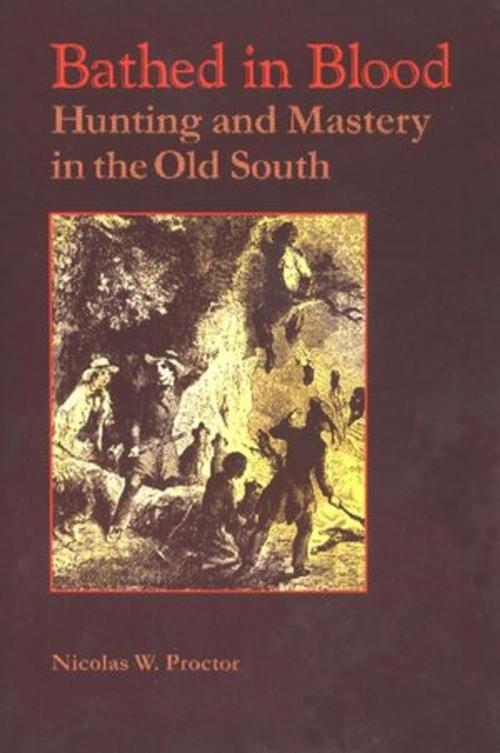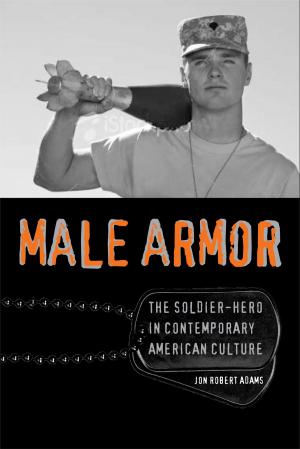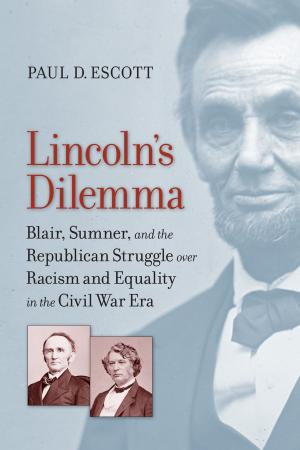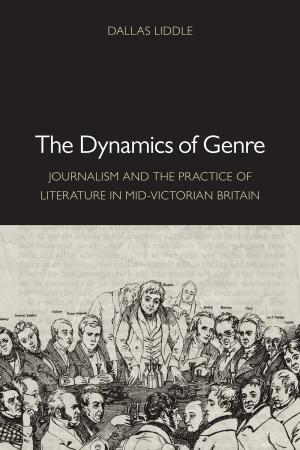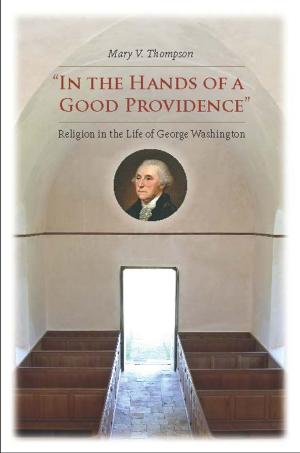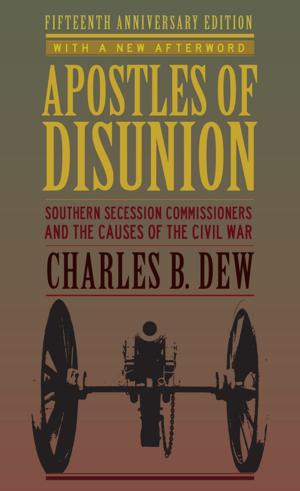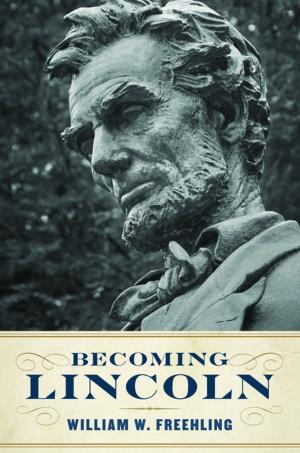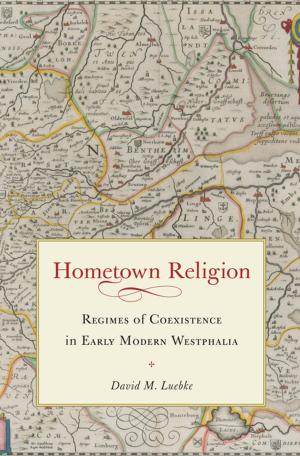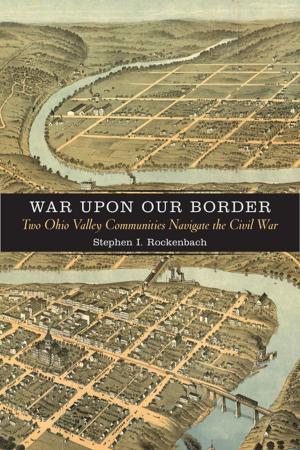Bathed in Blood
Hunting and Mastery in the Old South
Nonfiction, History, Americas, United States, Revolutionary Period (1775-1800)| Author: | Nicolas W. Proctor | ISBN: | 9780813921747 |
| Publisher: | University of Virginia Press | Publication: | March 1, 2002 |
| Imprint: | University of Virginia Press | Language: | English |
| Author: | Nicolas W. Proctor |
| ISBN: | 9780813921747 |
| Publisher: | University of Virginia Press |
| Publication: | March 1, 2002 |
| Imprint: | University of Virginia Press |
| Language: | English |
The hunt, like the church, courthouse, and family, played an integral role in southern society and culture during the antebellum era. Regardless of color or class, southern men hunted. Although hunters always recognized the tangible gains of their mission—meat, hides, furs—they also used the hunt to communicate ideas of gender, race, class, masculinity, and community. Hunting was very much a social activity, and for many white hunters it became a drama in which they could display their capacity for mastery over women, blacks, the natural world, and their own passions.
Nicolas Proctor argues in Bathed in Blood that because slaves frequently accompanied white hunters into the field, whites often believed that hunting was a particularly effective venue for the demonstration of white supremacy. Slaves interpreted such interactions quite differently: they remained focused on the products of the hunt and considered the labor performed at the behest of their owners as an opportunity to improve their own condition. Whether acquired as a reward from a white hunter or as a result of their own independent—often illicit—efforts, game provided them with an important supplementary food source, an item for trade, and a measure of autonomy. By sharing their valuable resources with other slaves, slave hunters also strengthened the bonds within their own community. In a society predicated upon the constant degradation of African Americans, such simple acts of generosity became symbolic of resistance and had a cohesive effect on slave families.
Proctor forges a new understanding of the significance of hunting in the antebellum South through his analyses of a wealth of magazine articles and private papers, diaries, and correspondence.
The hunt, like the church, courthouse, and family, played an integral role in southern society and culture during the antebellum era. Regardless of color or class, southern men hunted. Although hunters always recognized the tangible gains of their mission—meat, hides, furs—they also used the hunt to communicate ideas of gender, race, class, masculinity, and community. Hunting was very much a social activity, and for many white hunters it became a drama in which they could display their capacity for mastery over women, blacks, the natural world, and their own passions.
Nicolas Proctor argues in Bathed in Blood that because slaves frequently accompanied white hunters into the field, whites often believed that hunting was a particularly effective venue for the demonstration of white supremacy. Slaves interpreted such interactions quite differently: they remained focused on the products of the hunt and considered the labor performed at the behest of their owners as an opportunity to improve their own condition. Whether acquired as a reward from a white hunter or as a result of their own independent—often illicit—efforts, game provided them with an important supplementary food source, an item for trade, and a measure of autonomy. By sharing their valuable resources with other slaves, slave hunters also strengthened the bonds within their own community. In a society predicated upon the constant degradation of African Americans, such simple acts of generosity became symbolic of resistance and had a cohesive effect on slave families.
Proctor forges a new understanding of the significance of hunting in the antebellum South through his analyses of a wealth of magazine articles and private papers, diaries, and correspondence.
